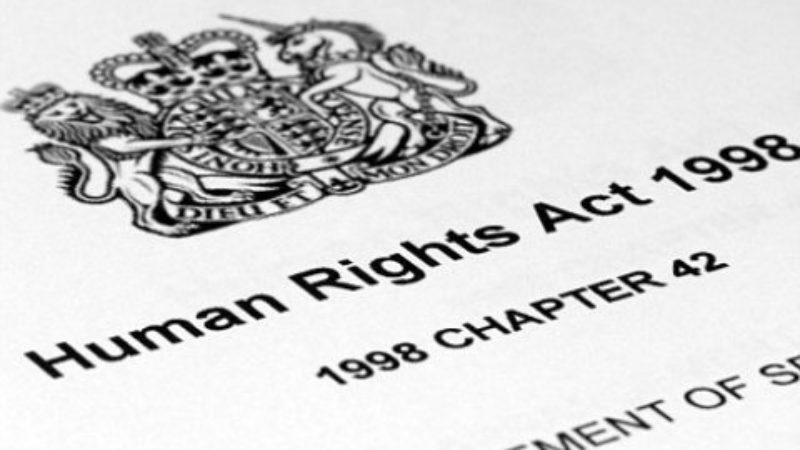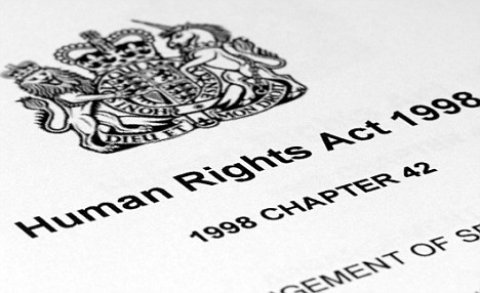

When discussing the Human Rights Act it is important to set out the developments which led to it so as to dispel the falsehood, too often insinuated in the anti-European press, that the Act constitutes the meddling in British affairs by the bureaucracies of the European Union.
On 10th December 1948 the U.N. adopted The Universal Declaration of Human Rights in response to the Second World War and the atrocities committed during it. Its purpose was to ensure individuals, without any discrimination, freedom from such abominations as slavery, torture, arbitrary arrest, detention or exile and also to guarantee us rights such as the following: the right to life, liberty and security of person; equality before the law; presumption of innocence until proven guilty; to seek and enjoy asylum from persecution; equal rights as to marriage; freedom of peaceful assembly and association; equal pay for equal work; to form and join trade unions; to security in the event of unemployment, sickness, disability, widowhood, old age or other lack of livelihood in circumstances beyond our control; the right to a free education and also, quite importantly, to a social and international order in which the rights and freedoms set forth in the Declaration can be fully realised.
The European Convention on Human Rights, based on the Declaration, was agreed by the Council of Europe at Rome on 4th December 1959, inspired by Churchill and drafted in large part by Conservative politician and lawyer Lord Kilmuir, respected across Europe for his cross-examination of Hermann Göring at the Nuremburg trials. It guarantees citizens of signatory states the rights set out in the 1948 Declaration along with requirements such as ‘abolition of the death penalty’. It has since 1998 granted individuals the right to appeal directly to the European Court of Human Rights.
The Human Rights Act 1998, which the new government is seeking to repeal but which was passed with the endorsement of the then Conservative leadership, exists to incorporate into British law the principles and articles of The European Convention on Human Rights and the Universal Declaration of Human Rights from which it is derived. It is not, therefore, to be conflated with European Union bureaucracy and should never be viewed as the current government would like, through their prism of spin and innuendo, as ‘Labour’s Human Rights Act’ but rather as an affirmation of the values espoused by Churchill and Lord Kilmuir, among others, in light of the extreme brutality and suffering to which the peoples of Europe were subjected prior to the end of the Second World War. It is the conservative value of individual liberty that the modern Conservative Party should strive to conserve, were it to truly live up to the principles and values of its greatest past figures.
I would like to draw attention to Article 21 of The Universal Declaration of Human Rights: ‘That the will of the people shall be the basis of the authority of government.’ I accept, on this basis, that there is mandate enough for a referendum on our membership of the European Union, most voters having voted for parties in favour of a referendum.
But, by the same logic and with the knowledge that the European Union and The European Court of Human Rights are separate institutions, can we not then demand a concurrent referendum on the abolition of the Human Rights Act? 35% of the vote (24% of the electorate and 18% of those whose rights will be forfeited by the repeal of this act; the population of Britain) is no mandate for such a change. There should be a referendum.




More from LabourList
Paul Nowak column: ‘Labour must focus on the basics’
‘Labour’s two-child cap victory rings hollow while asylum-seeking children remain in poverty’
SPONSORED: ‘Unlocking pension power to boost the UK’s fortunes’